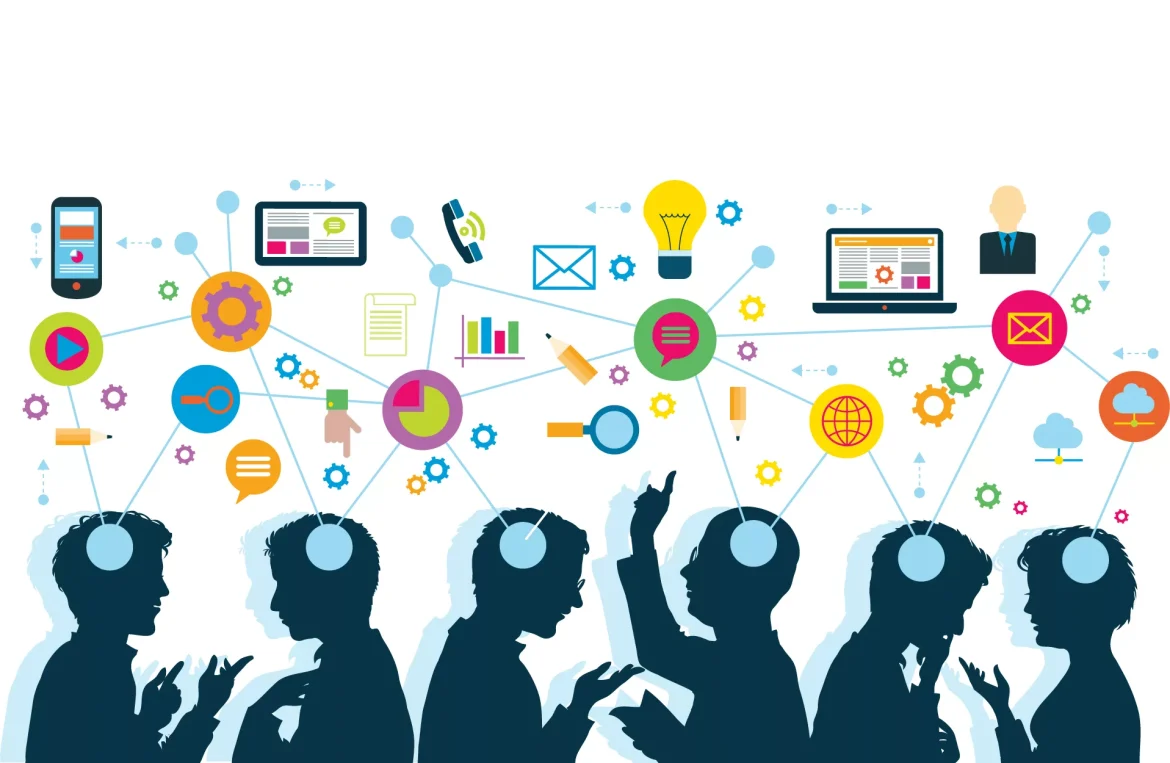At the same time, the accessibility of mass communication has led to a surge in misinformation and the rise of “fake news.” The spread of false information—sometimes deliberate, sometimes unintentional—has become a global issue. Social media algorithms often prioritize engagement over accuracy, meaning sensational or divisive content tends to spread faster than nuanced, fact-checked reporting. This dynamic has influenced elections, public health responses, and even international relations.
Advertisement
Social media also plays a major role in shaping individual identity and self-image. Platforms reward visibility, likes, and shares, which can pressure users to curate an idealized version of themselves. While this may boost self-esteem for some, it can also foster anxiety, depression, and feelings of inadequacy, especially among younger users. Constant comparison to seemingly perfect lives portrayed online often obscures the reality of everyday struggles.
Moreover, social media has transformed the way people engage in politics and civic life. On one hand, it allows for greater political participation, as individuals can organize protests, share petitions, and discuss issues with wide audiences. On the other hand, online political discourse is frequently polarized, with echo chambers reinforcing extreme viewpoints. The anonymity of online interactions can also lead to toxic behavior and harassment, raising questions about how free speech should be balanced with accountability.


